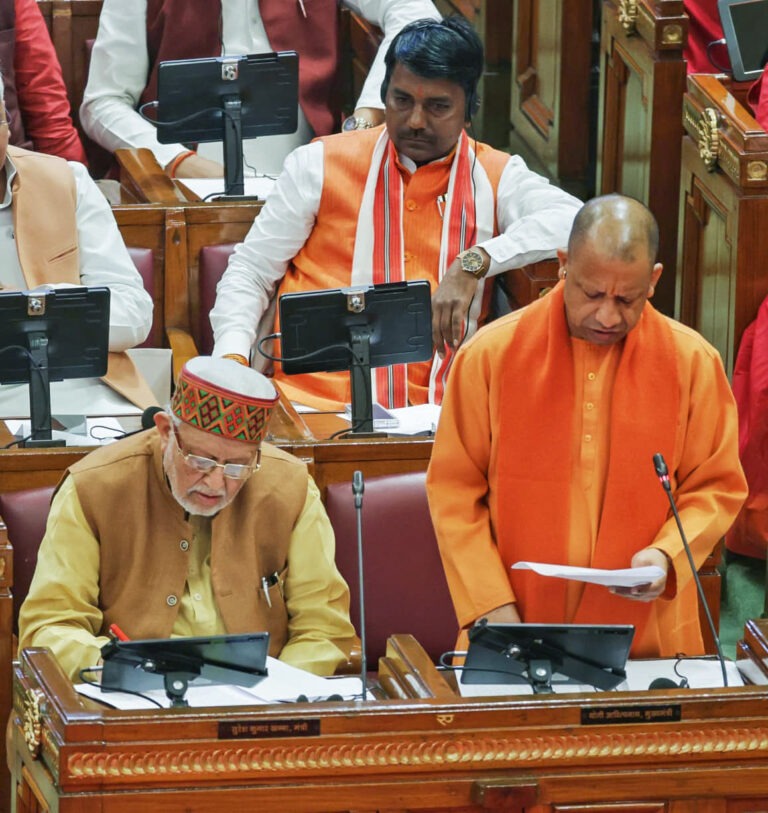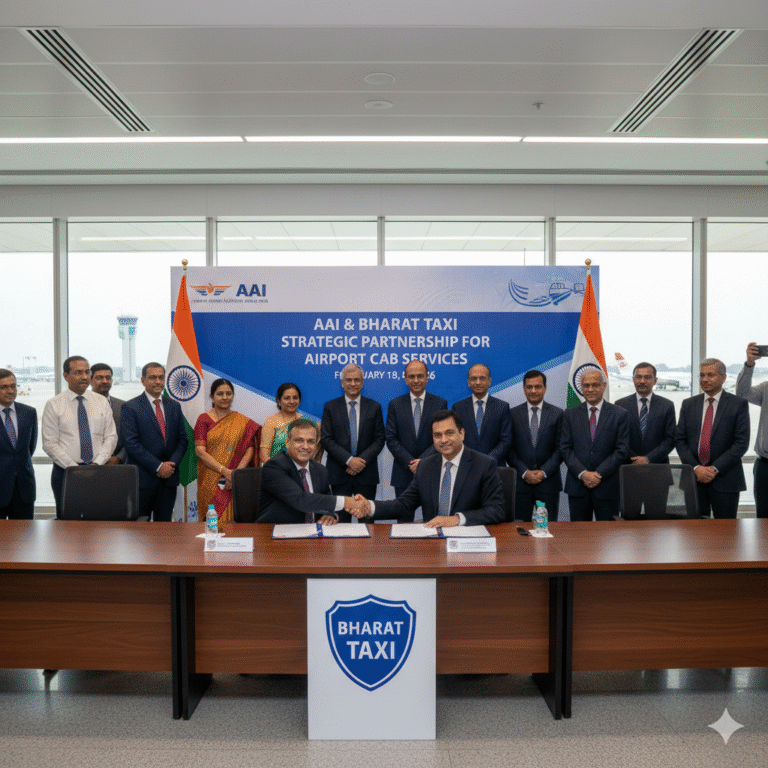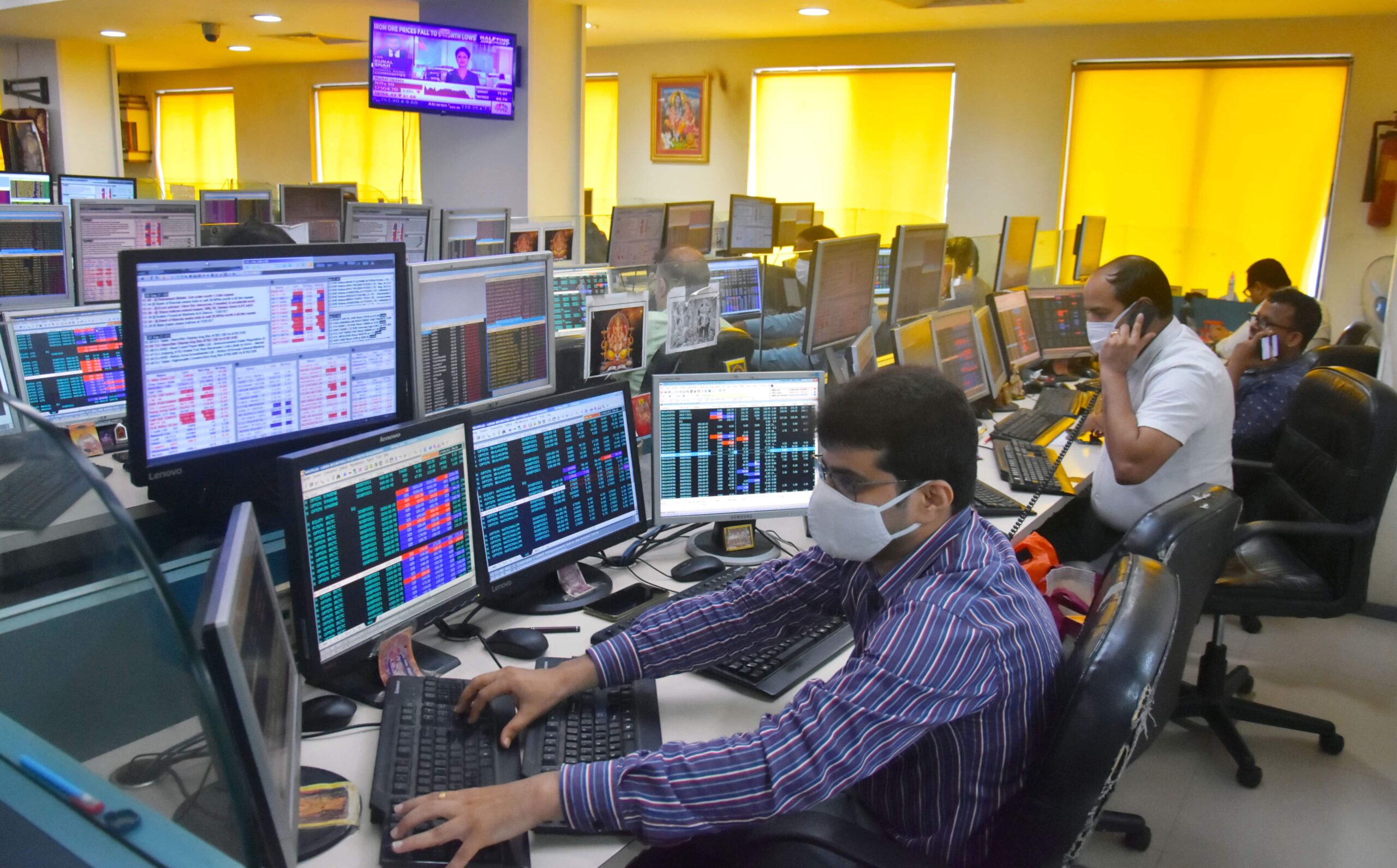
Civil Aviation Minister Ram Mohan Naidu Kinjarapu at the 'India SAF Summit.'
The government will soon announce the Sustainable Aviation Fuel Policy. Civil Aviation Minister Ram Mohan Naidu Kinjarapu confirmed this. The Ministry takes robust steps for the SAF movement. He stated their commitment to releasing the policy soon. The Minister spoke at the ‘India SAF Summit.’ FICCI organized the event with the Ministry.
The Need for SAF
The aviation sector has growing energy needs. This demands greater clarity and commitment from stakeholders. Collaboration among all partners is also essential. India’s Aviation Turbine Fuel (ATF) usage will increase greatly. ATF consumption should reach 15–16 million tonnes by 2030. This usage could hit 30–31 million tonnes by 2040.
Sustainable Aviation Fuel offers a clear solution. SAF can reduce carbon dioxide emissions significantly. It achieves up to 80 percent reduction versus jet fuels. SAF offers a direct way to cut the carbon footprint. This is crucial for the entire aviation sector.
Sustainable Aviation Fuel Policy: India’s Potential
Minister Kinjarapu sees India leading SAF production globally. India is an agricultural powerhouse country. It produces over 750 million tonnes of biomass annually. This capacity makes India a potential global SAF leader. SAF addresses the growth versus sustainability challenge directly.
The fuel also provides massive economic benefits. It will reduce India’s crude oil import bill. This reduction could save $5–7 billion every year. The SAF value chain will create one million green jobs. This offers huge scale impact for the economy.
Sustainable Aviation Fuel and Policy Aviation Growth
India’s aviation industry has expanded rapidly recently. The country added 90 new airports in the last nine years. The operating fleet increased by 400 new aircraft. Scheduled flight movements grew by 78 percent overall. The government plans to expand the network significantly. They aim to add 50 new airports in five years. They also project 200 more over the next 20–25 years.
Annual passenger volume should reach 500 million. This shows a projected growth rate of 10–12 percent. This expansion will increase emissions significantly. Aviation’s share of transport emissions will rise. It will increase from 5 percent to 8–10 percent by 2030.
SAF is crucial for India’s Net Zero aviation goals. DGCA Faiz Ahmed Kidwai emphasized shared responsibility. Aviation decarbonization needs mutual respect and solidarity. India commits to being a proactive global partner. Its ambition is a 5 percent SAF blending target by 2030. This is a declaration of intent for global leadership.
FICCI Civil Aviation Committee chairman noted SAF’s opportunity. SAF represents a major transformative chance for India. Its relevance goes beyond environmental targets alone. It acts as a powerful economic enabler for the country. Developing a domestic SAF industry enhances energy security. It gives India sovereignty over its fuel supply chain immediately. SAF will be the cornerstone of India’s Net Zero story.
#RamMohanNaiduKinjarapu, #NetZero, #FICCI, #EnergyTransition, #India





